Carpal Tunnel Syndrome: How does traditional hand therapy compare with neurodynamic therapy?
Filed under Treatments
Hamzeh, H., Mohammad, M., Alghwiri, A., & Hawamdeh, Z. (2021). The long-term effect of neurodynamics vs. exercise therapy on pain and function in people with carpal tunnel syndrome: A randomized parallel-group clinical trial. Journal of Hand Therapy, 34, 521-530.
The Skinny:
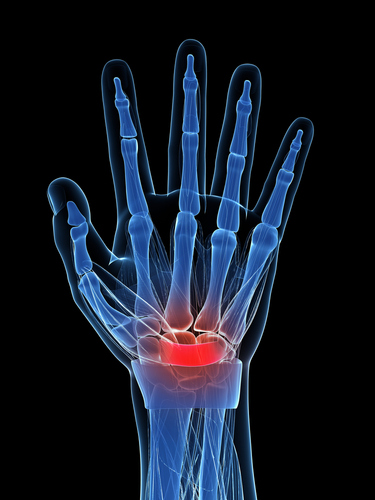
Carpal tunnel is the most common peripheral nerve compression problem. There is now some evidence supporting conservative management over surgical. This makes it a reasonable, potentially cost-saving option over surgery. There is limited information as to which conservative options are the most beneficial. This study looked to compare two different therapy approaches, including traditional exercise therapy and neurodynamics therapy. Hand Therapy for Carpal Tunnel Syndrome Exercises included nerve glides, tendon glides, and soft tissue mobilization vs. neurodynamic therapy, which included using specific manual techniques to change the mechanical characteristic around the nerve.
In the Weeds:
A randomized parallel-group clinical trial was completed. Twenty patients were in the traditional group, and twenty-one patients were in the neurodynamics group. Both groups completed a 60-minute treatment session per week and were prescribed daily exercises depending on if they were in the traditional vs. neurodynamic group. Please see the table below from the study of explanation of neurodynamic activities.
Bringing it Home:

Outcome measures were obtained at the 1-month follow-up and the 6 months follow-up. Outcome measures include the Boston Carpal Tunnel Syndrome Questionnaire, QuickDash, Wrist Range of Motion, and hand Hand Grip Strength. The neurodynamics group demonstrated improvement in all outcome measures. No patient that completed the study needed surgery after treatment. Both treatment options lead to improved strength and function and decreased pain; however, the neurodynamics group showed better results in all outcome measures.
Rating:
The study would be rated 4/5. There was no comparison between no treatment option; therefore, we do not know how patients would have done with natural recovery. Additionally, no patients in the study had severe carpal tunnel symptoms. Also, the study size was relatively small, and it is also difficult to gauge patients’ compliance with home exercise programs.
1 Comment
Leave a Comment
More To Read
Sensory Kit for Hypersensitivity
Written by Melissa Miller Introduction After injury or surgery, nerves in the skin and surrounding the injured area can become overly sensitive. This can cause pain or an unpleasant sensation by stimuli that would not typically cause discomfort. For example, a light touch from a shirt or a certain material can feel like needles to…
Do you know the difference between an Electromyography (EMG) and a Nerve Conduction Velocity (NCV) Study?
Do you know the difference between EMG and NCV (an Electromyography and a Nerve Conduction Velocity Study? The term nerve test is usually a broad term that typically indicates both an Electromyography (EMG) and a Nerve Conduction Velocity (NCV) study (EMG vs NCV). An EMG looks at the electrical signals your muscle makes when at…
Effectiveness of Conservative Therapy and Splinting for 1st CMC OA
Tsehaie, J., Sprekraijse, K., Wouters, R., Slijper, H., Feitz, R., Hovious, S., & Selles, R. (2018). Outcome of a Hand Orthosis and Hand Therapy for Carpometacarpal Osteoarthritis in Daily Practice: A Prospective Cohort Study. American Society for Surgery of the Hand, 1-11. The skinny: Non-surgical approaches (hand therapy & orthotics) are typically the go-to for…
Shoulder Pain: The Effectiveness of Conservative Treatment
Reference: Steuri, R., Sattelmayer, M., Elsig, S., Kolly, C., Tal, A., Taeymans, J., & Hilfiker, R. (2017). Effectiveness of conservative interventions including exercise, manual therapy and medical management in adults with shoulder impingement: a systematic review and meta-analysis of RCTs. British journal of sports medicine, 51(18), 1340–1347. https://doi.org/10.1136/bjsports-2016-096515 By: Tayler Roost The Skinny: This study…
Sign-up to Get Updates Straight to Your Inbox!
Sign up with us and we will send you regular blog posts on everything hand therapy, notices every time we upload new videos and tutorials, along with handout, protocols, and other useful information.


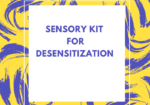
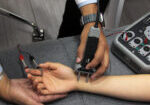
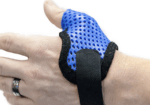
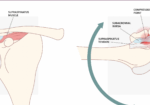

Did the groups also wear night splints ?